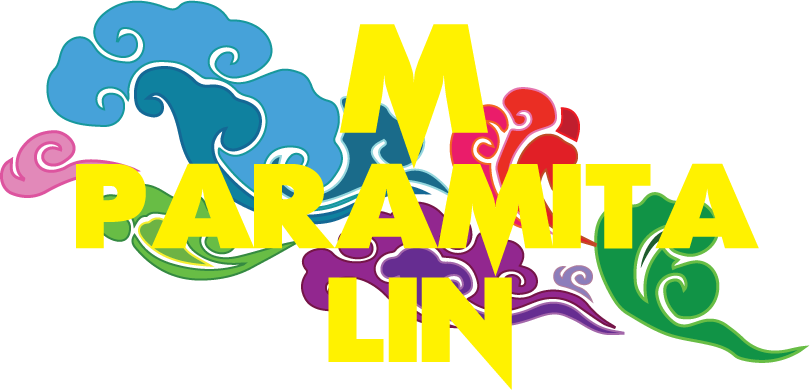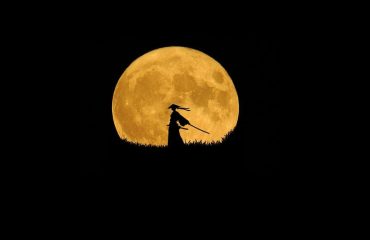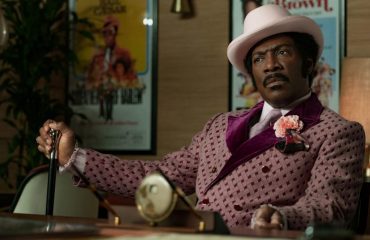
As much as I can, I try to resist looking at Weibo because it’s such a terrible timesuck. There are so many funny and interesting posts EVERY MINUTE that it’s easy to spend the entire day just scrolling through all the posts and never getting anything done. But a few months ago, while reading posts about people pretending to be street fashion models, I came across rave reviews for a Chinese romcom series, Well-Intended Love (Chinese name: 奈何Boss要娶我, which roughly translates as “What to do, boss wants to marry me”), but the one review that caught my attention most was from this very respectable-looking auntie (the kind who looks like they’ve memorized all of Li Bai’s poems). It was very succinct: “Addictive, D-list series.” Well now, how can you resist this glittering praise??
However, I didn’t realize the show was on Netflix until just this past month, but when I did find it, I was completely mesmerized, bad acting, ridiculous plots, and middle-grade production and all. IT IS GREAT, and I owe Li Bai auntie for her spot-on review and recommendation.
First, let’s get this out of the way. Despite the terrible hairdo he’s saddled with in the series, Xu Kaicheng is not an insignificant reason for the series’ success in China (and now apparently overseas).
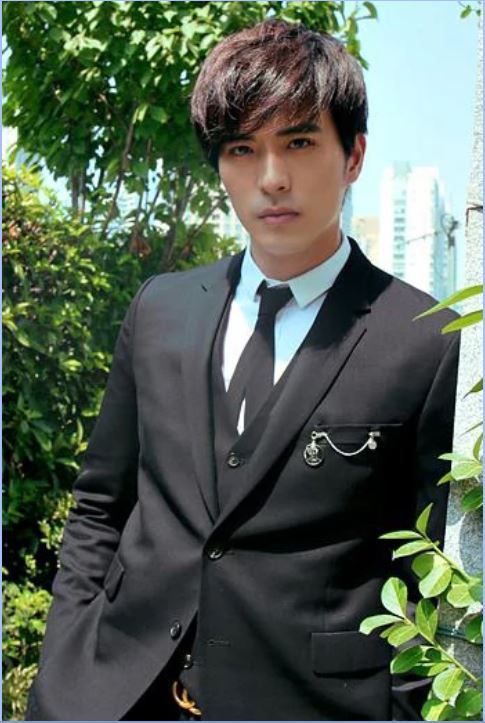
(Seriously, he has such a beautiful hairline–I’m very conscious of hairlines as I have a fucked up cowlick that makes it look like I have a drunk widow’s peak–and lots of nice, thick hair, why can’t they give him a decent haircut? TOM FORD, WE NEED YOU.)
I’m not ashamed to say that I’ve been perving on his Instagram account and in fact, I think you should thank me for sharing the image in the link. By the way, I am not the insane woman who is stalking him in the comments demanding why he doesn’t visit her house despite all the times she’s shared her address.
I honestly don’t know if he or any of the other actors in this series are any good because the storyline calls for scenery chewing and exaggerated expressions. But he is watchable, and he takes his clothes off A LOT. A LOT. He is the most naked person in the entire series. The director and writer basically wrote the script like this:
Coming home from work? TAKE YOUR CLOTHES OFF.
Spilled something on your shirt? TAKE YOUR CLOTHES OFF.
A dog comes and sheds on the carpet? TAKE YOUR CLOTHES OFF.
Feel happy? TAKE YOUR CLOTHES OFF.
Feel sad? TAKE YOUR CLOTHES OFF.
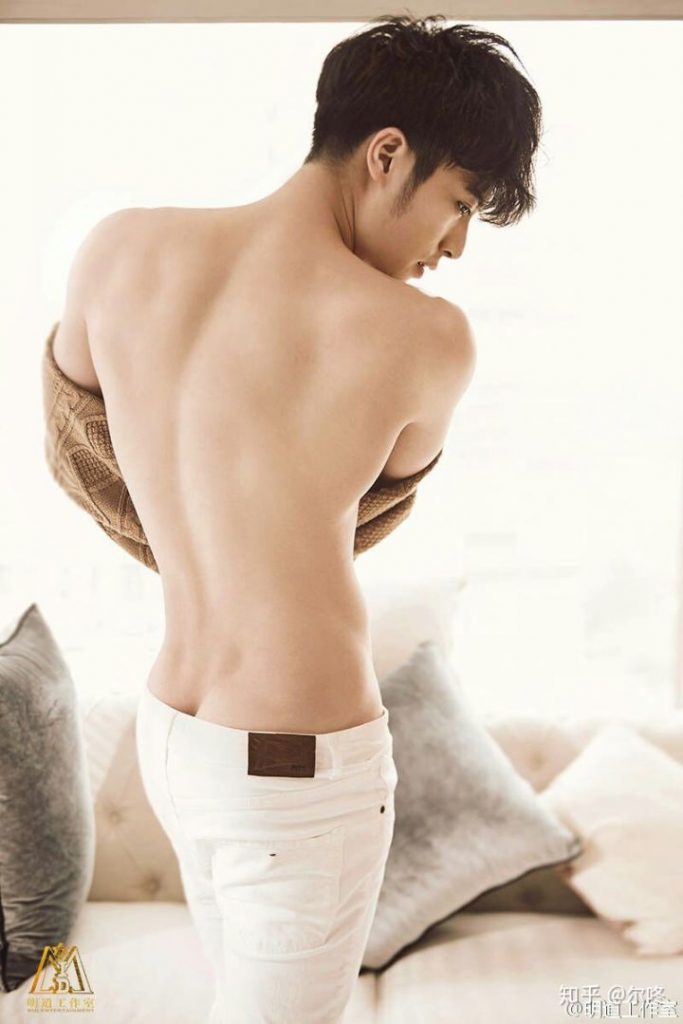
I’m exaggerating here but not by much. As you wipe the drool off your screen, let me quickly tell you what Well-Intended Love is about (which really doesn’t matter because the plot is Korean Secret Garden-level crazy).
A C-list actress, Xia Lin (Wang Shuang, whose veneers really threw me off at first), finds out that she’s dying of leukemia and needs a bone marrow transfusion, and the only person who matches her is billionaire CEO Ling Yizhou (Xu Kaicheng), who initially seems unimpressed by her pleas. But since his beloved grandmother isn’t doing very well health-wise and wants to see him married before she dies, he ends up in a contract marriage with Xia Lin (who gets the nickname Moomoo) to make his grandmother happy.
Of course, there’s the usual hijinks between Moomoo and Boss Ling, who try to navigate living together as fake spouses and end up falling in love. The predictable poor little rich passive-aggressive girl spurned by Boss Ling for Moomoo and a shadowy childhood enemy who ends up kidnapping Moomoo (twice!) show up to make things difficult. There’s also Boss Ling’s best friend Chu Yan (Ian Yi) who’s reputed to be his secret lover, which makes Grandma surprised that Boss Ling is actually straight because she was prepared to have a grandson-in-law.
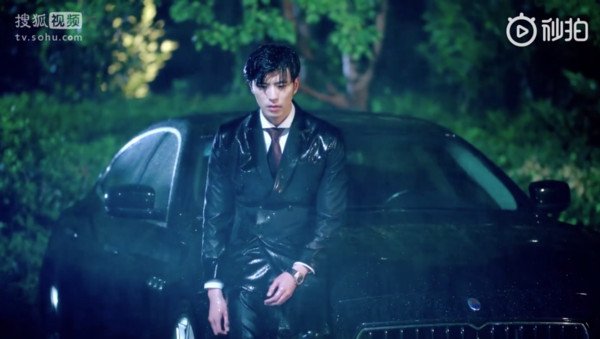
More than Moomoo, poor jealous best friend Chu Yan ends up bearing the brunt of the drama’s craziness: his father blames him for his mother’s death in childbirth so his father lies to him and tells him he’s adopted; while trying to prove that Moomoo is a gold digger, he ends up being rescued at least once by her because he has asthma; the poor little rich girl tries to drown him when he won’t help her, and when that doesn’t work, she burns down his hospital room and kills him; and then it turns out he’s not dead after all and was secreted away to make his comeback to denounce her.
At some point, Boss Ling also develops amnesia, deals with the mother who abandoned him, saves Moomoo from her kidnapper through his ability to decode her drawing of a teddy bear and a house (seriously), loses Moomoo when it turns out SHE NEVER HAD CANCER IN THE FIRST PLACE. It was all a ploy by Boss Ling to make her agree to a contract marriage!
I was so stunned by these unbelievable developments that I kept messaging plot twists to my friends, many of whom asked me if I was drunk. And yes, I was. I was DRUNK ON DRAMA.
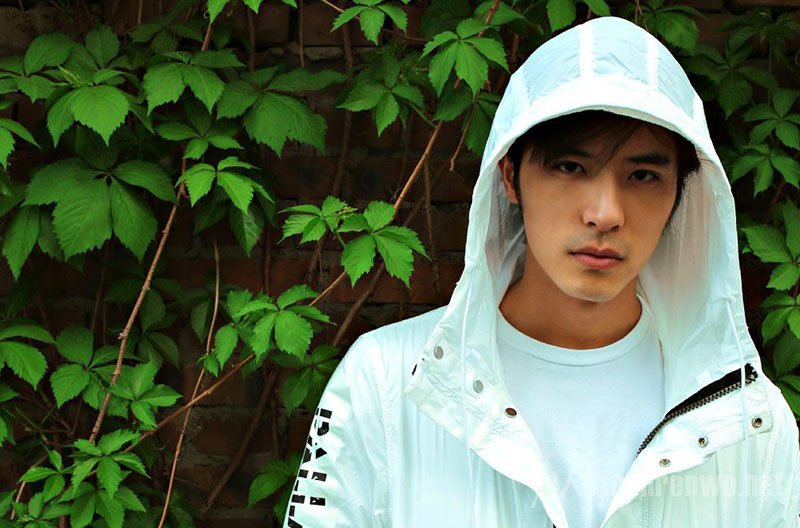
Yes, this is a trashy show, and while I understand that’s a matter of taste, a lot of people disparage trash without understanding that they do provide really important insights about where a society is at: what people are afraid of, what they wish for, what they think about.
Low-budget shows like this really tell us about what modern Chinese society is like, and kidnappings, fake deaths, and amnesia aside, it’s a very hopeful picture. Moomoo is independent and kind-hearted, but she’s not a pushover. She resists Boss Ling’s tendency to be overbearing and leaves him when she finds out he faked her leukemia diagnosis. Moomoo has a career, an adorable best friend who’s a writer, and interests that have nothing to do with Boss Ling. In the end, she and Boss Ling have a baby and it’s Boss Ling who cares for the baby at work while she goes off to film dramas (hopefully ones just like this).
Homosexuality also isn’t a big deal in this show: as I mentioned before, everyone just kind of assumes that Chu Yan or other male characters are in love with Boss Ling because he’s just so hot and naked all the time, and it’s not a big deal. Grandma’s only concern is that she doesn’t know what to call her future grandson-in-law. This also isn’t Wu Kaicheng’s first time at the homoerotic rodeo:
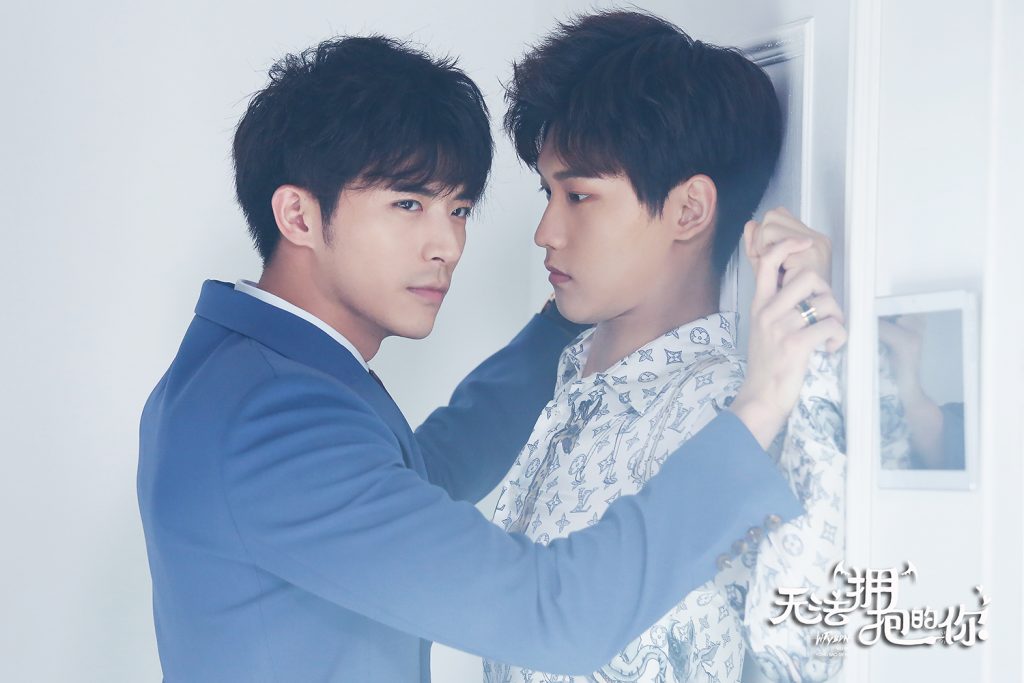
This isn’t a surprise to those of you who are aware that China has thousands of years of acceptance of the fluidity of sexuality. For those of you who don’t know this, maybe you might want to consider whether it’s a coincidence that homophobia and homophobic laws happened to flourish during the time China was overrun with Westerners. <insert Mr. Peanut monocle face emoji here>.
If you’re interested about what is going on with homosexuality in China, the government is forcing people to be more tolerant, all the way down to primary school. Centralized governments, when run by meritocratic leaders who care about the nation, are really more efficient than election-based democracies, and that’s facts.
My final words:
A lot of people have the Western propaganda-fueled impression of China as this Orwellian state out of 1984, but let me remind you: that book was written by an English person and reflects the fears and desires of a WESTERN society. China is a lot more complicated than people think; with the good and bad that every country has. Obviously, there are lots of things to improve in China, like rural poverty, but if you really want to know what daily life is like in China, this is the best show to watch because it’s the clearest example that all people want to do is live their lives.
And despite its occasional lapses into corruption, the Chinese government wants to make sure that people get a chance to do it without the suffering that has marked the past hundred years of Chinese history. I think people don’t seem to understand just how miraculous and breathtaking China’s development has been. Just think about it: almost eighty out of the past hundred years of China’s history were full of starvation, suffering, deaths, illnesses, war. And yet unlike other nations that succumbed to the yoke of certain nations’ economic imperialism, China has managed to pull itself together. There are people I know who are only in their thirties who were born in mud huts without running water and they now live in smart condos that can calibrate air quality and temperature on their own [edited to add: with that said, if you have a smart residence or are planning to get one, just remember that when they gain sentience, you will be at their mercy].
WITHIN MY LIFETIME, China went from a place where people weren’t sure how they were going to feed their kids to a place where people can perv on a good looking man’s soft grunts as he does bicep curls. That is a fucking miracle.
And so if you want to understand China, watch this show.
ps. You can read my post on Well-Intended Love Season 2 here!
